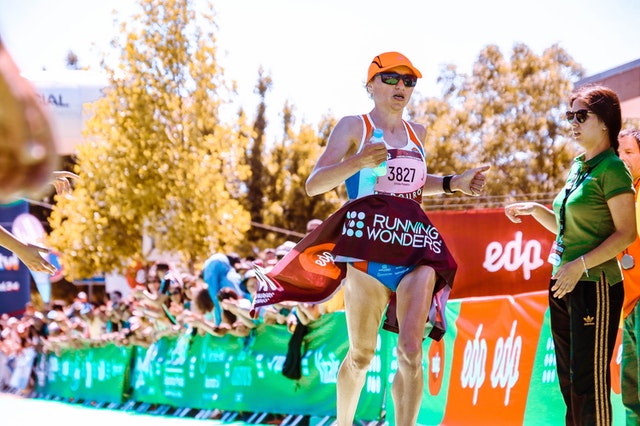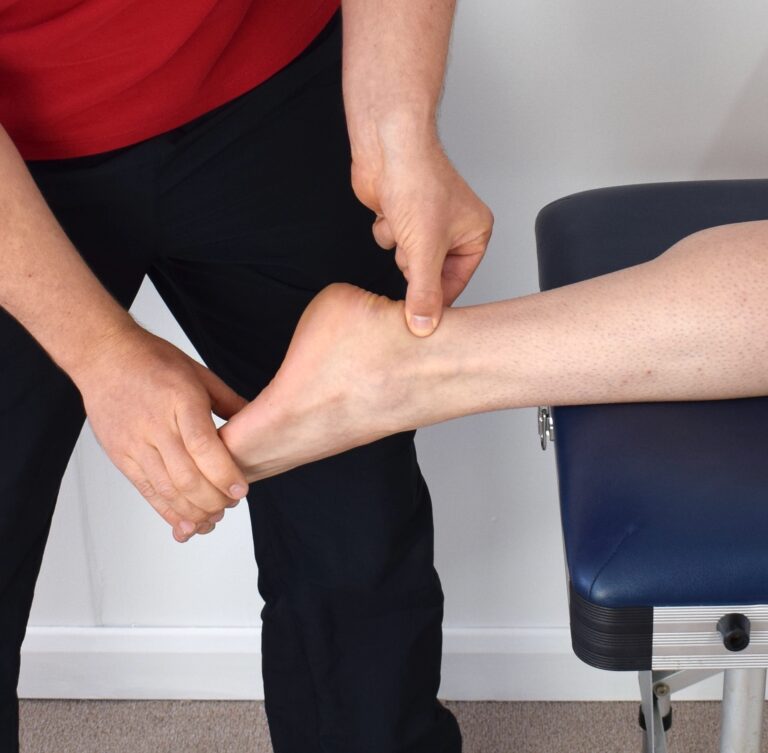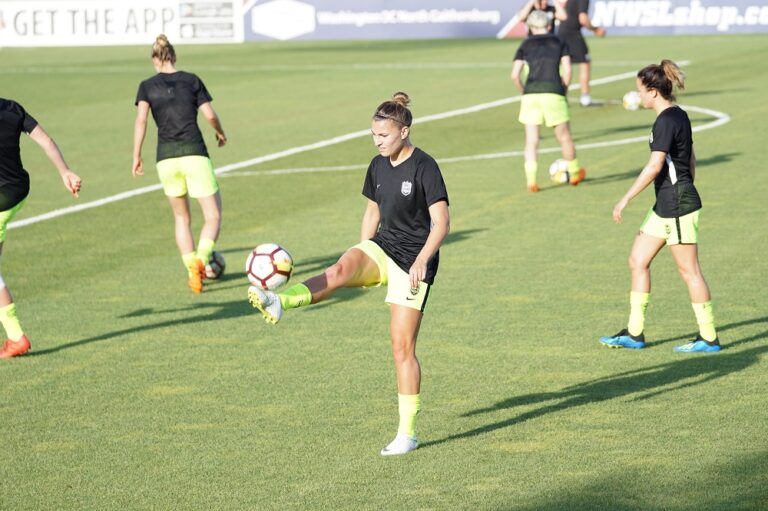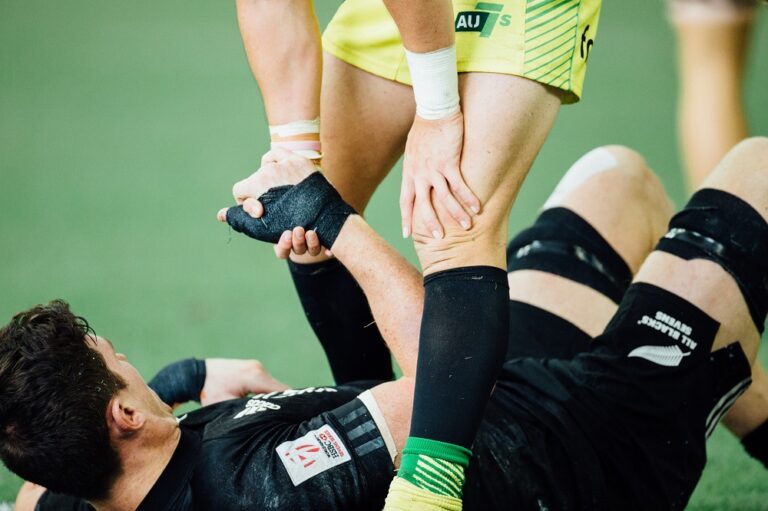
Similar Posts

Distal Radius Fractures: The Basics
A distal radius fracture is a break in one of the two forearm bones, the radius, near the wrist joint. Hence, this type of fracture can also be referred to as a wrist fracture or broken wrist. This type of fracture is a common injury often occurring due to either a fall on an outstretched…

A breath of minty fresh air
– Menthol and exercise in the heat – The latest Bow Valley Crag & Canyon article from Banff Sport Medicine Physician, Dr Andy Reed, has him delving into the evidence that menthol can change our perception of how hot it is when we’re trying to perform physically in the heat!

Rehabilitation & Treatment of Tendinopathy
Tendinopathy, or inflammation of the tendon, is a common condition that can affect many areas of the body. It is commonly seen in the elbow, shoulder, knee, and ankle, but can be present in any tendons. It is commonly caused by overuse and repetitive strain, but can also be caused by sudden trauma or some…

Patellofemoral Instability: not just a dislocating kneecap
Patellofemoral instability is a debilitating condition that frequently occurs in young, active people, significantly affecting their quality of life. It can occur due to injury e.g. a direct impact to the knee, or from variations in a patient’s anatomy that allow the patella (kneecap) to dislocate with minimal force. Patellofemoral instability, however, is not just…

Can we find better ways to treat a first-time kneecap dislocation?
The kneecap (patella) normally moves up and down in a groove at the front of the knee joint, known as the trochlear groove. Several tendons and ligaments hold and support the kneecap in place. When the patella dislocates, it pops or slides out of this groove, usually to the outside of the knee (laterally). A…

Female aspects of training – “No, you’re not a small man!”
In his latest column first published in The Bow Valley Crag & Canyon, Banff Sport Medicine Physician Dr. Andy Reed discusses some important aspects of female physiology that affects their training.
